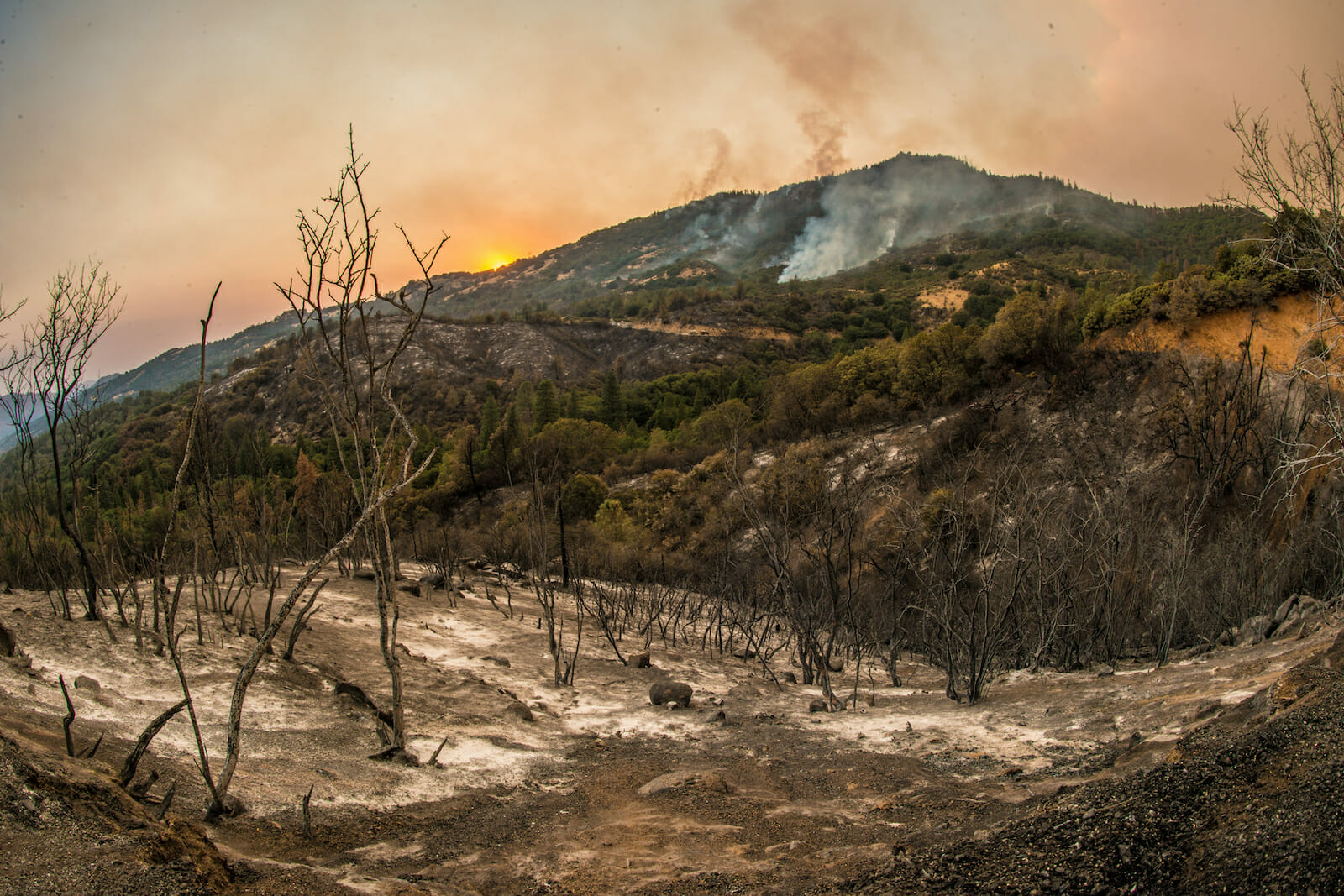
International Institutions Leave Africa at Risk
The United Nations periodic climate conference (COP25) took place earlier this month in Spain. The results weren’t encouraging.
Part of the UN’s job is to set up and manage international conferences of this nature. However, the issue with these conferences isn’t the management, but the bigger questions about obstacles that impede progress.
Developing countries, such as those in Africa, are challenged by climate change. Further, many of these developing countries rely on traditional methods, such as agriculture as a medium for development.
Experts say that shifting weather patterns are having a global effect. However, the impact is not equal everywhere. Climate change is disproportionately affecting tropical areas than temperate zones.
These shifting weather patterns have made the African continent vulnerable.
Most Africans depend on agriculture as a means of sustainable living. Thus, any successful developmental policy must enhance agricultural methods, not by-pass it.
The developed world, which is primarily in the temperate zone, is less dependent on agriculture to sustain their lives — unlike a villager in Africa waiting for rain to nourish his crops.
You would think that the UN would rectify the situation. Yet, it has failed to take adequate measures to address these challenges in Africa.
In such multilateral platforms, countries flock together and form alliances to pursue their interests.
Developed countries haven’t been supportive enough. The United States isn’t contributing to mitigating the effects of climate change. Further, it is not proposing different strategies to reduce the impacts of climate change. Rather, the current administration in Washington is claiming that climate change is a hoax— blatantly ignoring the realities on the ground.
The media often focuses on the debate of whether climate change is real or not, instead of stimulating dialogue on how to reduce the horrific effects of climate change.
In Africa, millions of farmers are severely impacted. Climate change determines how much food they can put on the table to feed their families.
In today’s world of globalism, everything we do has an impact on another community. Similarly, inaction to combat climate change severely affects communities in tropical climates.
Under this global political climate, how successful was COP25?

